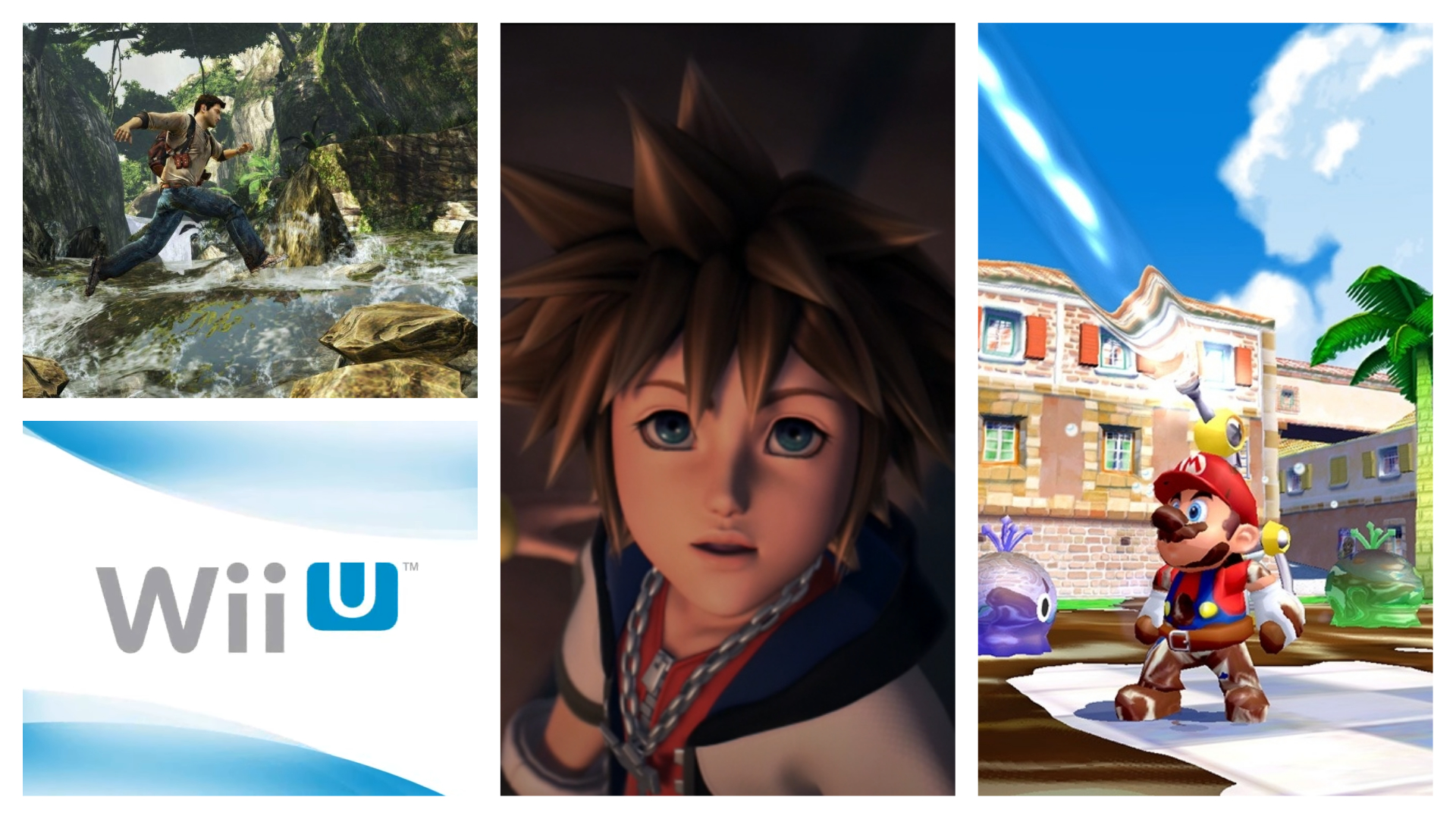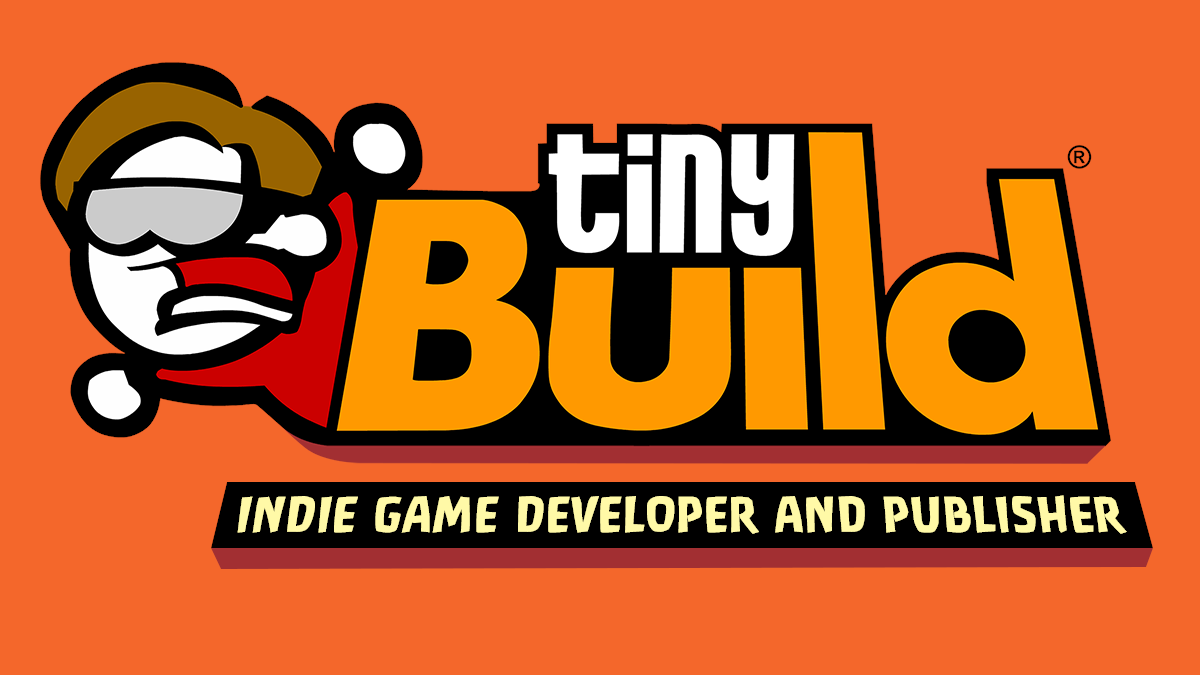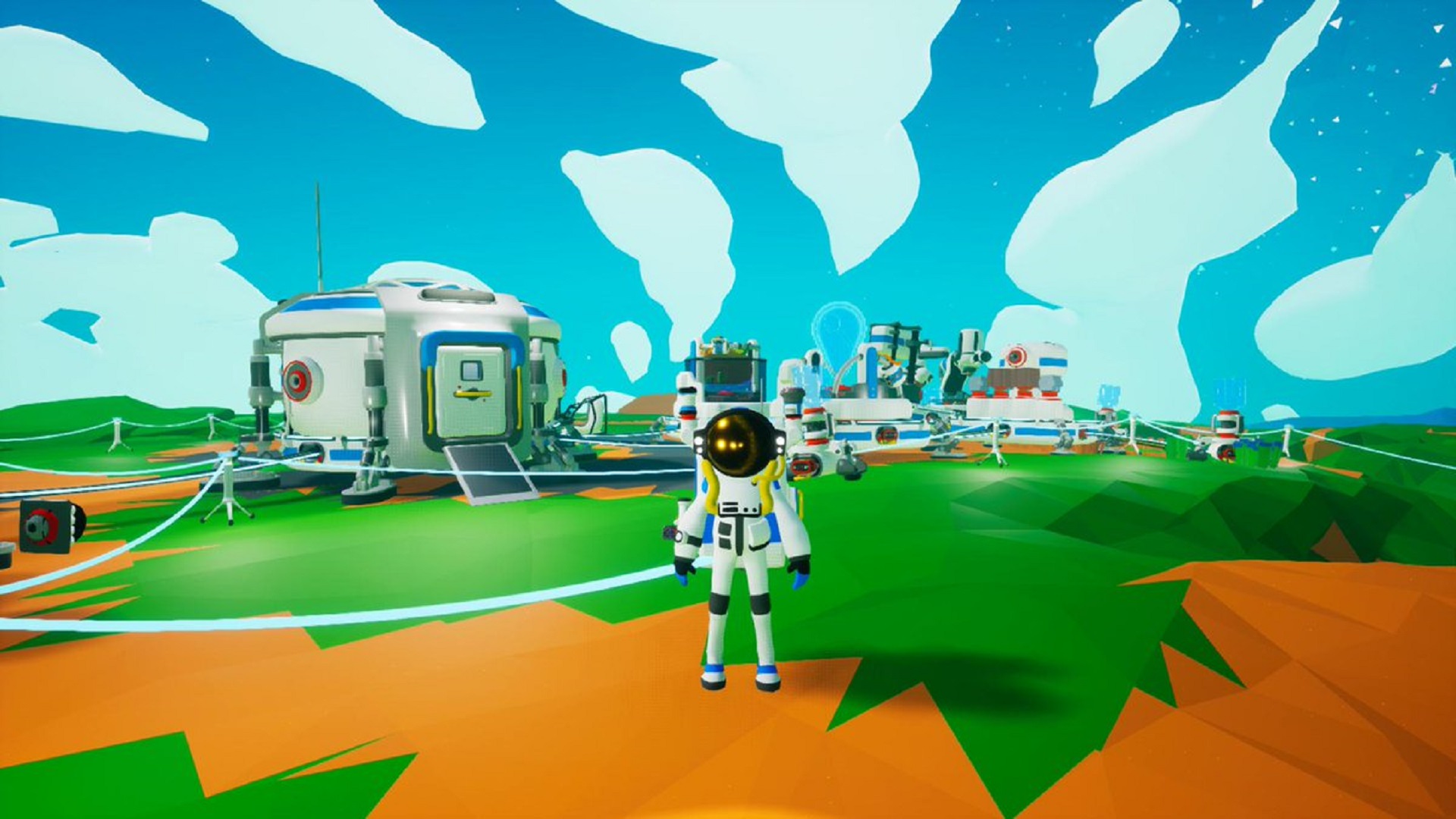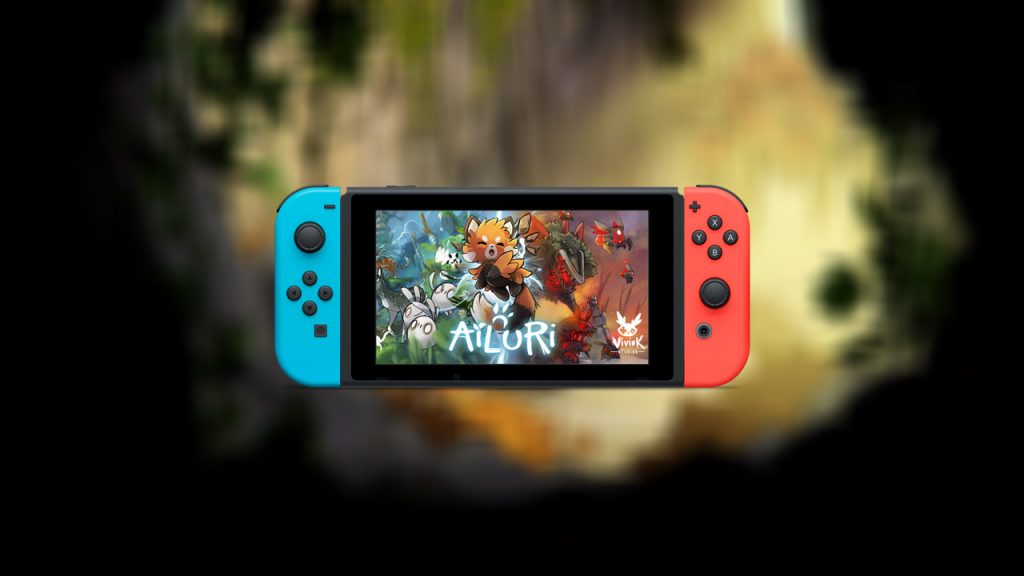Share
Xenogears is one of those games that is simultaneously really easy to talk about, but also extremely difficult to explain. On the surface Squaresoft’s 1998 PSX RPG is a game in which misfits topple an oppressive empire using a combination of martial arts, magic, and a liberal application of giant robots known as Gears. While lauded as one of the many RPG gems on the PSX, the game was overshadowed by the colossal monolith that was Squaresoft’s Final Fantasy franchise, as well as numerous other greats.
For those that played it, and either paid attention or were cognisant enough of what they were seeing on screen, there was always something more to the game. Players uncover a time-spanning plot about religion and self along the way, the game reveals a bit more of what it’s about. Villains with names drawn from Freudian psychology talk about the nature of power and want, characters wax on about the self, impassioned discussions about god and religion are abound, and despite the game’s clumsy handling of some of these topics, and its oft talked about messy second disc it is very clear that by the end of this game Xenogears is trying to say something.
This is even more apparent if you manage to find yourself a copy of the game’s artbook, Xenogears Perfect Works. In this you find not only concept art and development notes, but a timeline, encyclopedia, evolutionary formations of fossils and creatures. It it’s perhaps in this moment for some people that the realization that Xenogears is a lot more than a weird game those guys that made Final Fantasy VII put out.
It’s even weirder
What’s it all about, you ask? Well that’s a fair question. Because the game is about a lot of things, which is a lame way to say that the game isn’t easily summed up in just one package. Xenogears is a messy game about messy people trying to talk about a lot of philosophical concepts while also still telling a science fantasy story. That’s a lot of things to juggle and while it definitely does stumble and drop a few plates, I don’t think it’s out of line to say the game’s lasting legacy is a testament to how good it is despite its flaws.
Go make yourself a drink, grab a snack, and settle in, ‘cause we’re going to be talking about a lot today.
The Jung and the Restless
Before we get to the main event, allow me to introduce myself and my relationship with this game. In 1998 I was 10 years old. Toonami was still hosted by Moltar, and a show called Robotech was introducing me to what would wind up becoming a lifelong love of mecha anime and torrid love triangles in stories.
I didn’t play a lot of video games. My parents weren’t too fond of them since I was a shut in who preferred Star Wars and Lego to any kind of interaction and so I was only permitted to play games in social settings, like arcades, or in the instances my mom needed to do some shopping and needed me to sit in one spot for a while.
As a result I didn’t get to play a lot of games until I was older and was able to get my hands on a Playstation 2, Dreamcast, and other consoles, hitting the bricks as it were to catch up on all the great games I had only caught a glimpse of since my early memories as a child. While I wasn’t well versed in a lot of games then, I was extremely knowledgeable of game demos.
I’d played game demos for so many games, that some of my earliest favorites were based entirely around that. I adored Tomba for the five to ten minute loop I’d played the game in, and when I first played Mario Kart 64 at a friend’s house, I came with a knowledge only attainable from repetitiously playing the same courses over and over.
Of those instances of playing demo games there was a particular Squaresoft demo disc that left a huge impact on me at a Blockbuster my family frequented. On this disc were videos for Bushido Blade, Brave Fencer Musashi, and Final Fantasy VIII, with a playable demo for Xenogears that encapsulated the first hour or so of the game, with some clever additions of characters that pop up later in the story.

This demo was eye opening. Xenogears was unlike any other game I had experienced before. As someone becoming a burgeoning anime fan, and into fantasy novels, this game consumed my young thoughts. At the time it seemed so dark and mysterious and every time my family went to that Blockbuster I would be glued to that demo doing everything I could to beat it to see the sizzle reel afterwards. I got pretty good at beating that demo.
It was years before I played that game in full, doing so in high school borrowing a friend’s copy of the game on my newly acquired PS2. I tore through the story, not even caring about the truncated gameplay of the second disc, eating up every bit of the esoteric dialog and labyrinthine lore the game spat out.
Xenogears wasn’t a game I just played, I consumed it. The music, the art, everything I could get my hands on, and it never got old for me. Xenogears was also, embarrassingly, my first foray into learning about philosophy, something that carried on into college, and causally into even now. The game stuck with me, and it’s one that I imagine sticks with a lot of people who enjoy it.
Nietzsche, I Barely Know Her!
The heady, ridiculous plotline of Xenogears takes you from lonesome kung-fu painter in a small village to giant robot piloting god-slayer battling a foe whose existence defies time and reason. Pretty standard JRPG stuff.
Where the game differs, as previously mentioned, is its interest in introspection and the self. The game’s protagonist, Fei Fong Wong, is’t just Fei Fong Wong. He is also the reincarnation Lacan, Kim Kasim, and Abel, all past selves whose lives he revisits in flashes throughout the game. There is also Id, a destructive alter ego that is a literal physical manifestation based loosely on the Freudian concept of the same name, as well as other representatives of his personality that all lead to Fei being a fractured person who is not entirely in control of who he is.

Much of the story is centered around this complex, internal conflict Fei is facing, and how he grapples, and ultimately overcomes this challenge. The apotheosis isn’t simple however. Fei has to confront himself, his past mistakes and sins, as well as the overwhelming opposition in front of him, all of which is packaged up with overt biblicism.
That biblicism however is just set dressing. Much like in Neon Genesis Evangelion, the nature and discussions about a capital G God, the divine, and its relation to humanity are all there, and even carry some genuine weight and meaning behind them, but they’re not the point. It’s set dressing meant to enhance the importance of things because Christianity, especially Catholicism, has a unique way of importing a sense of weight to things just via its visuals.
Scratch away that religious symbolism however, and you’ll start to see other texts. Those written by Freud, Jung, Nietzche, Sartre, and others, all peering back at you with the full might of their philosophical weight. Once you notice them it’s hard not to see how much of the game centers around philosophy and psychology, and how even the most intense of the religious commentary is steeped in this commentary.
The road gets a little bumpy from here, but it’s the path that leads to the meaning behind the game.
Freudian Slip n’ Slide
Freud’s concept of Id, Ego, and Superego are all dealt with quite literally within the game as parts of Fei’s psyche in opposition to one another. Though the logic and writing around them is a bit clumsy the central thrust of this involvement is almost in rejection of Freud’s theory that the id, the ego, and the superego must be in an eternal conflict with one another. The game spends a good deal of time showing how this way of thinking and Fei’s usage of Freudian thinking has led him to be a broken person driven by impulse and survival who is barely keeping himself together. One who, when he loses control and gives into his id (again, literally named Id), causes incredible destruction.

The concept of the individual needing to achieve a sense of self control and self-actualization instead seems to take its cues for this sort of self reflection from Swiss psychiatrist Carl Jung. Concepts of the persona, shadow, ego, and other Jungian concepts all are prevalent throughout the story and the need to balance these things are shown to be the key to escaping the fractured nature that leads to self destruction.
It is through an apotheosis of Jung’s theories of self exploration and individuation that Fei is able to conquer himself, his demons, and thus achieve a sense of wholeness and balance that is central to his role as a hero. This does not however, wholly remove his past traumas or sins. Rather it allows Fei to accept who he is, what he has done, and grow from those points to become someone in control of his own being and fate.
This throughline also relates to many of the game’s other characters, as well as society, and human nature as a whole, wherein it blends with another philosophical mindset to continue its message.
It’s Sartre Like This
In the game it’s revealed that shadowy individuals are influencing the path of human existence, and trying to control people and prevent individuals from knowing too much about the world around them. Of course, our heroes push past this, and see not only the people controlling society for who they are, but the deeper machinations of their world and existence as a whole, and how the entirety of the human race has been controlled throughout the game’s narrative.
Existentialism is a tough nut to crack. Exploring a myriad of concepts, and with a definition that is at times disputed regarding its exact parameters, the nature of human existence and where the individual falls in regard to the collective of society is something that has been discussed by a myriad of philosophers.
Jean-Paul Sartre is one of such philosophers, who posited that “existence precedes essence.” Or to put it plainly, the person comes before the labels or stereotypes they may fall into, and that their life and what they do makes their true essence. This exploration (along with those of Simone de Beauvoir, Albert Camus and many others) forms the basis of how the individual relates to society, and vice versa.
This is another aspect, and a core tenant of Xenogears’ entire narrative. The game’s main antagonist states that mankind’s conflicting beliefs and ideals make them incompatible with one another. As such he wants to revert humanity to a perceived “perfect state” that would make them cease to be human at all. This is cast aside by the protagonists with the argument that this is the exact reason why human existence is so important. Who we are as individuals and our flaws and complexities are why we are able to come together, learn, and grow. As a person can control their actions, they can as such control their identity and relation to others.
Again within the confines of a game about martial arts performing giant robots and clumsy biblicism it isn’t perfect, but the game’s message about people is clear. That our differences make us who we are as individuals and what we are as a society, and that the need for understanding, acceptance, and learning are all extremely important to our continued existence and survival as a species.
Small Two of Pieces
So we have all this philosophy, all these ideas, and all these cool giant robots toppling religious empires. In the end, the heroes get to live in a world where they set their path without restrictions of their pasts shackling them on one arm and the machinations of the villains shackling the other. The game closes on a tear-jerking ballad with a rocking guitar solo, and credits roll.
What’s Xenogears saying?
Well a lot.
About the self it is saying that just because a person has experienced trauma, or perhaps done bad things that they are not without good inside them or the ability to achieve a better life for themselves. That the characters, and by extension the player, is worth the continued struggle to grow and better themselves, as well as being worthy of love.
About society it is saying that the weird differences and eccentricities of people, their culture, and their lives are what make humanity what it is, and that a sense of understanding can and should be achieved that we may all better help, support, and achieve great things. That, without one another, we’re doomed to lives of loneliness and isolation.
It says these things with clumsy writing, hamfisted allegory, and a whole heaping helping of blunt symbolism and at times a lack of full understanding what the texts and theories it references are saying, but it’s trying. And in that regard the game kind of represents its own ideals in that way.
Whatever it is Tetsuya Takahashi and Soraya Saga were aiming for when they handed in the initial story as a pitch for Final Fantasy VII I can’t expressly say. But they managed to craft a game that for 1998, builds upon its often despair inducing inspirations to create a message of hope. And that is something worth celebrating.




